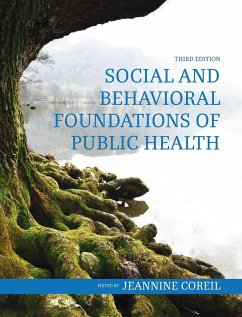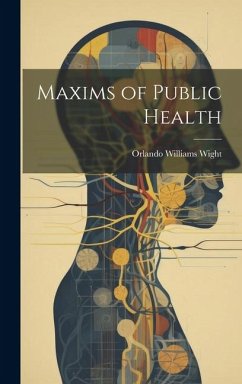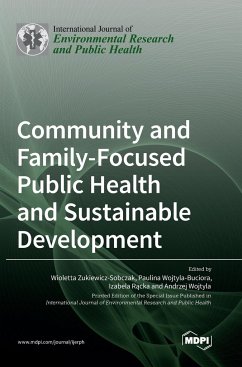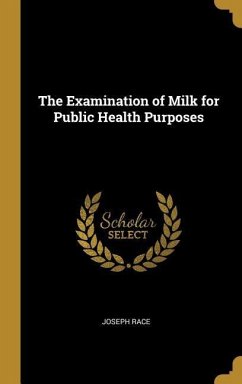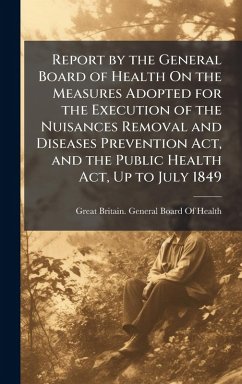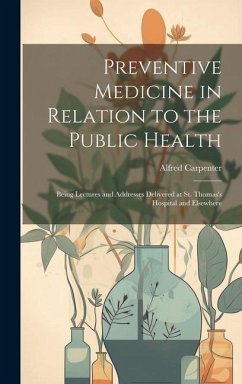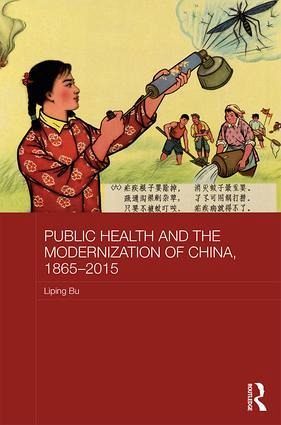
Public Health and the Modernization of China, 1865-2015
Versandkostenfrei!
Versandfertig in 1-2 Wochen
207,99 €
inkl. MwSt.
Weitere Ausgaben:

PAYBACK Punkte
104 °P sammeln!
This book traces the development of China's public health system, showing how public health advances have been integral to China's rise. It outlines the phenomenal public health improvements, and relates public health developments to prevailing political ideologies. The book explores how public health concepts, policies, institutions and practices developed through social and political upheavals and argues that this perspective of China's development is different from China's development viewed purely in political terms.







